Bone Marrow Transplantation at Yashoda Hospitals
Bone Marrow Transplantation at Yashoda Hospitals
A bone marrow transplant, or a stem cell transplant, is a treatment procedure that plants new healthy blood cells in the body from damaged or destroyed blood cells. This procedure is performed to treat some cancers, such as leukaemia, and multiple myeloma and some types of lymphoma and blood-related disorders, such as thalassemia and anaemia.
Yashoda Hospitals has completed over 100 bone marrow transplants, including autologous and allogeneic transplants, and has also successfully performed the first-ever haploidentical bone marrow transplantation. Our bone marrow and stem cell transplant centre employs the most advanced technology for rare and complex procedures, like haematopoietic stem cell transplant, cell processing laboratory, and other state-of-the-art facilities for quick and safe treatment.
We employ a fully committed team of highly skilled and qualified doctors to deliver rare and complex procedures accompanied by novel therapeutic approaches for better and improved treatment.




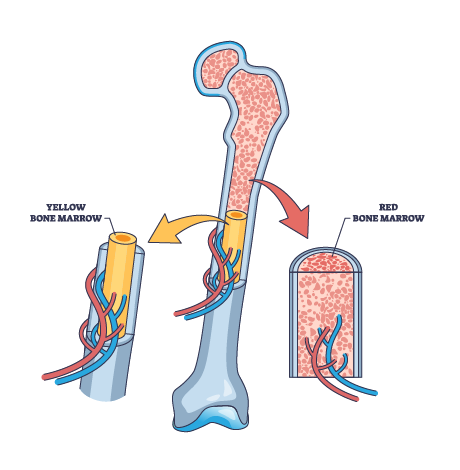
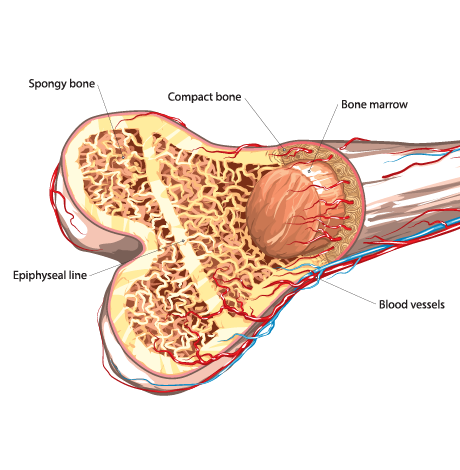
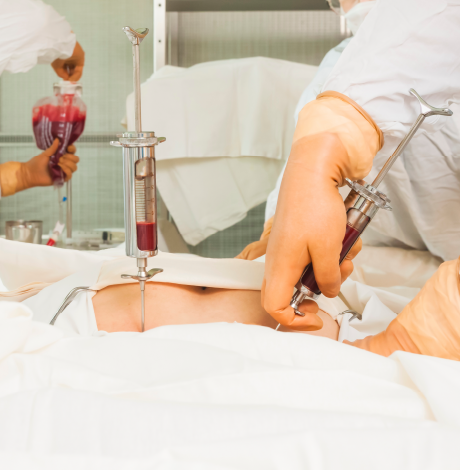
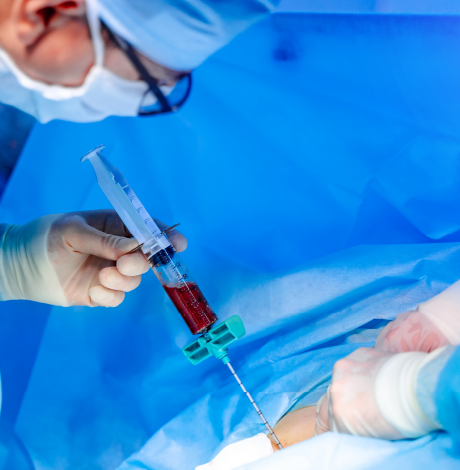
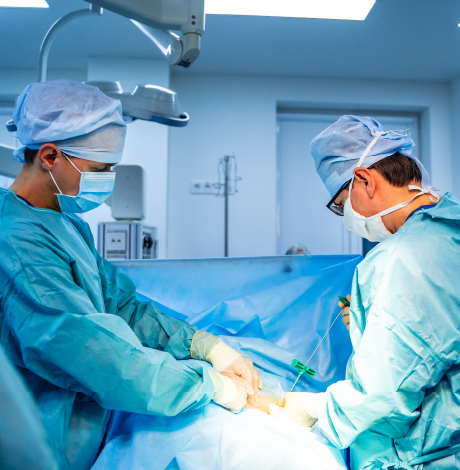
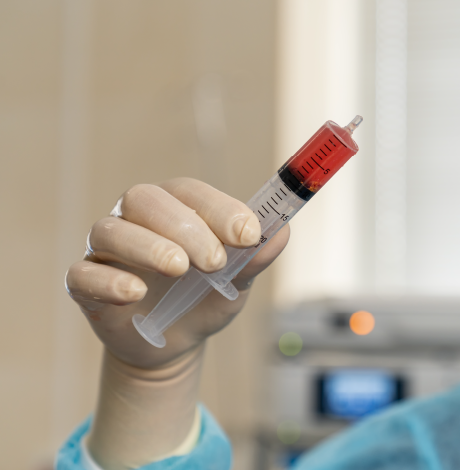
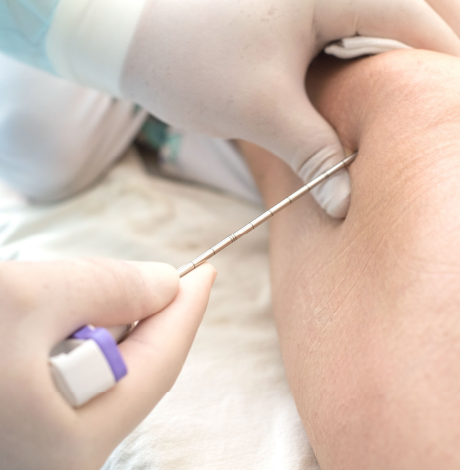
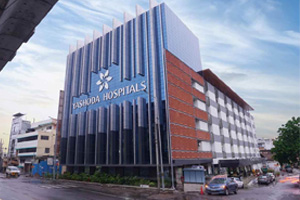
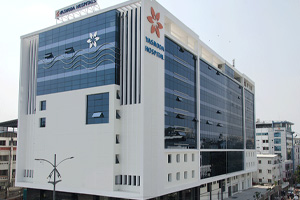
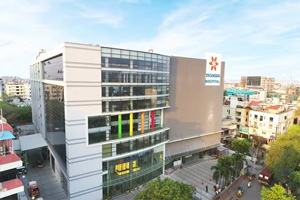
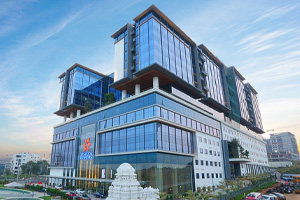
 Appointment
Appointment WhatsApp
WhatsApp Call
Call More
More

